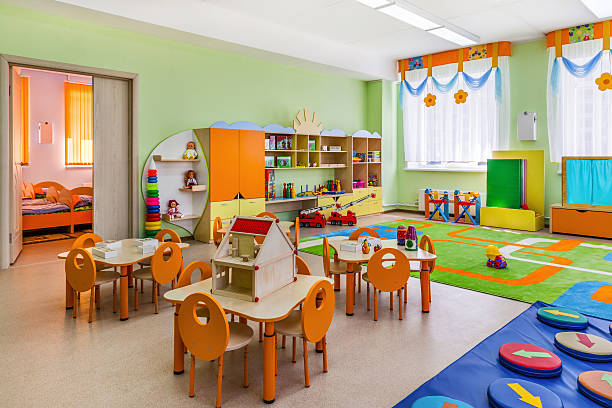As many children in Dublin return to Early Years and School Age Care settings this week after the summer break, over 13,500 children remain on waiting lists for a place. Early Childhood Ireland warns that without significant investment in the Early Years workforce in Budget 2026, efforts to expand capacity will fall short.
The latest figures from Pobal, the organisation which administers Early Years programmes, show that up to 13,635 children under the age of three are currently on crèche waiting lists, highlighting the high demand for places in Dublin.
The data reveals that there are 1,961 children under the age of 1 on waiting lists and only 23 places available; 5,784 children aged 1 to 2 on waiting lists and 83 places available; and 5,890 children aged 2 to 3 on waiting lists and 328 places available to them.
Commenting on these figures, Director of Policy at Early Childhood Ireland, Frances Byrne, said, “No child should miss out because of failures to invest properly in this vital workforce, yet that’s exactly what’s happening to thousands of children in Dublin. Without significant investment in Budget 2026, and a renewed focus on staffing, challenges to recruit and retain educators will continue to block efforts to expand access for families.”
In its Budget 2026 Submission, Early Childhood Ireland has urged the government to name a date to bring pay and conditions for Early Years and School Age Care graduates in line with primary school teachers, who are educated and trained to the same level.
This would begin to reverse the average staff turnover rate, which is over 35% in Dublin.
“Waiting lists like these would never be accepted in primary education, yet they remain a daily reality for younger children. As a first step to increasing capacity, Early Childhood Ireland is calling on the Government to announce, on Budget Day, a date for bringing Early Years and School Age Care graduates within public sector pay and conditions, in line with teachers,” Ms Byrne said.
“Currently, the government is mainly focused on reducing fees, and although we welcome proposals to increase subsidies for families, this will only create further demand for places. Providers in Dublin will not be able to expand their capacity in settings unless they can recruit and retain qualified staff on appropriate terms and conditions. Naming a date to bring graduates into pay parity with teachers is a crucial next step,” she continued.
Despite 76 per cent of adults backing guaranteed access to Early Years and School Age Care, according to Early Childhood Ireland’s 2025 Barometer, this is still far from reality for many Dublin children. Local parents are left with no choice but to place the names of their unborn children on waiting lists, hoping to secure a place by the time the child turns two or three. With up to 5,784 children between the ages of one and two already waiting, many families know there is little chance of finding a place before then.
“It’s incredibly tough for parents trying to find a place for their child. At the same time, we hear from many of our 1,073 members in Dublin about how they want to expand, they’re ready to grow, but they struggle to recruit and retain qualified educators.”
“We can’t expand access for children unless we improve pay and conditions for those who deliver that care and education. You can’t separate the two, and we hope the government sees that.” Ms Byrne concluded.
